No.172
It might be yesterday, or it might be several months ago, or I might as well be existing at some point in the future. This is to say: sometimes I’m not sure how people carry on when their worlds fold up and cease to be recognisable, cease to be liveable. People are so good at carrying on despite, but very little makes any sort of sense at the moment, and much of the time I seem to be fluctuating between angry, melancholic, or numb.
There has been a silence of newsletters because it has not seemed necessary to add my comment or noise to the events—the Russian-Ukraine war, but other world collapses too—when it is already so difficult to hear the crucial information or the tenderest human things.
I want, though, to tell you how the first smallest leaves on the fig and the quince and the currants and the lime and the everything are persisting through early spring frosts; that I noticed a magnolia tree down the road so large and so ancient it had been invisible to me until now; that in the nearby forest a woman with her perhaps two or three-year-old was stopping to pause and really look at each tiny thing which caught the child’s interest; that I couldn’t sleep because the full moon was so beaming and almost loud. I want to help ensure that we don’t turn ourselves off or away from the exceptional, painful beauty of it all, and I will think further and more deeply about how to do this because the short list above is my sum total for today.
OF WORK AND WORK-RELATED THINGS:
This week I returned from a walk to find the spring issue of Orion waiting for me on the doorstep, which contains the second instalment of my ‘Root Catalog’ column (below, readable in full except for the unavoidable slice of bright sunlight on the right edge). This issue, which explores ‘life and death in the wilderness of the hospital’ is a remarkable collection of feeling, questions, and humanity, and I’m certain I will be returning to reread the essays with some frequency.
(The idea behind ‘Root Catalog’ is the investigation of words and what they can carry or create, particularly words pertaining to the more—or the most—natural nature of environments, creatures, and ourselves.)
Since mid-February the first past pages of Everything, Beautiful (my next book, published August 9th) have been and gone, and I’ve learnt that it will be printed on a paper called Husky Offset Smooth #70. I’m planning a formal announcement for early May, but for now its publication seems far away and intangible, or unreachable, especially given everything that is swirling about the planet. The book was written during the height of pandemic, when it all seemed to be coming apart for people at the most essential seams, but I’m not sure the seams ever had any time to mend themselves before even more unravelled in the world. It is strange to reconcile beauty with the darkest things, strange to try and hold space in the body for both.
THIS WEEK I FELL IN LOVE WITH:
Acrylic and oil pieces by Newcastle, New South Wales-based painter Giorgia Bel.
QUOTES OF SEARING RELEVANCE:
“It doesn’t remind one much of earth.” — Tessa Hadley, The London Train
“Who gave men permission to risk life on earth for all eternity? Did we have a global referendum on this, I can’t remember.”
“Still, it’s nice to assume, even wrongly, that things might go well.”
— Lucy Ellmann, Things Are Against Us




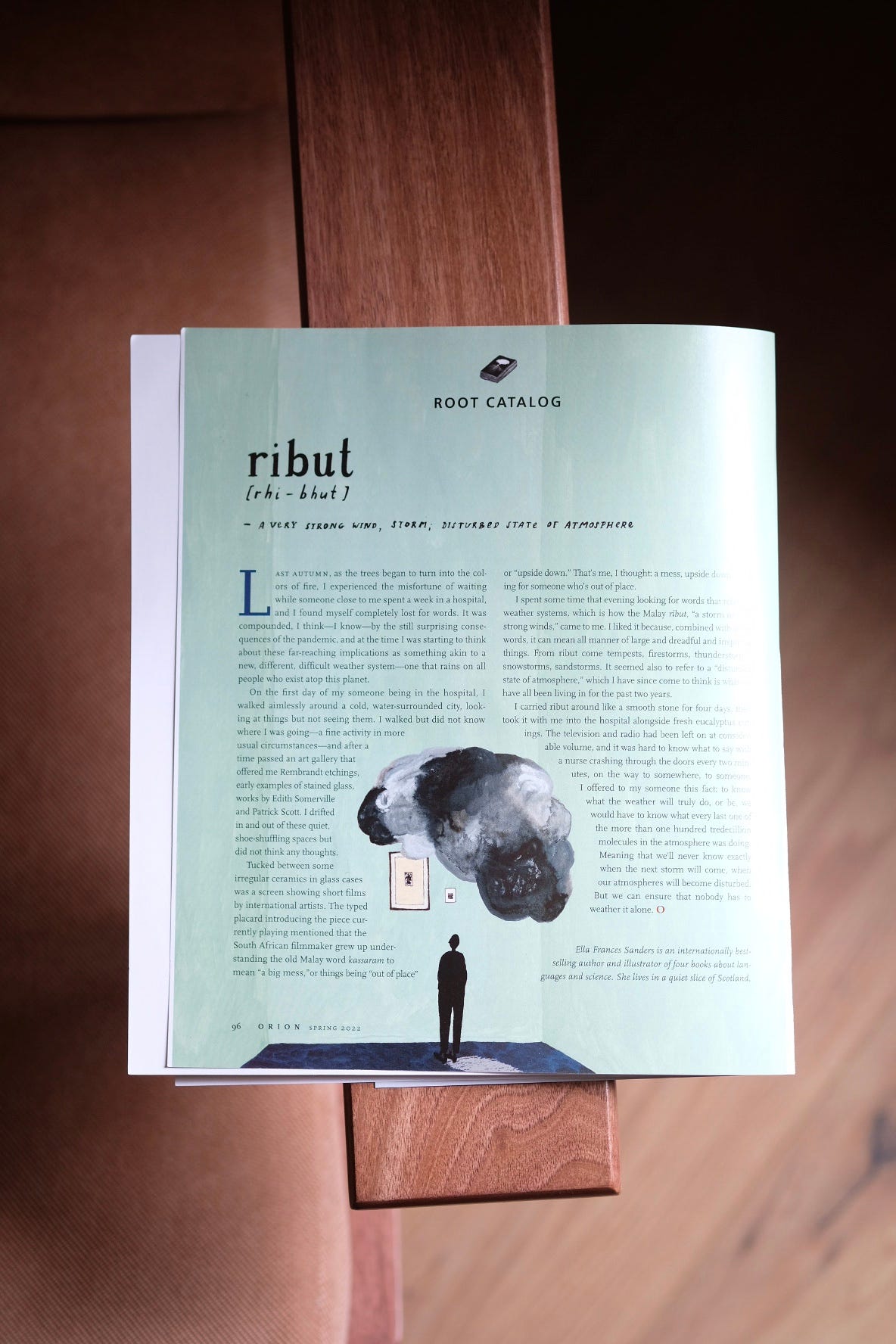
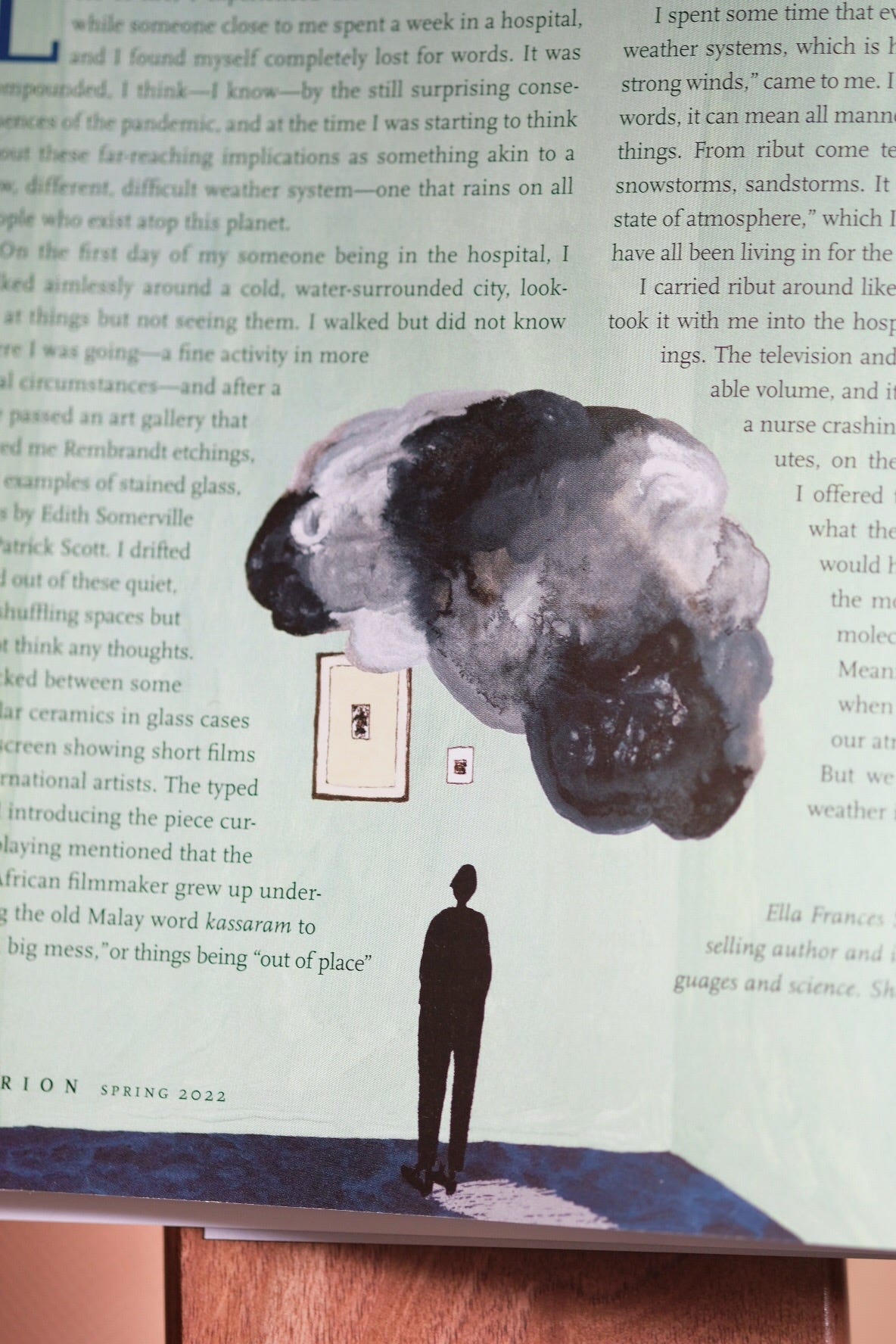
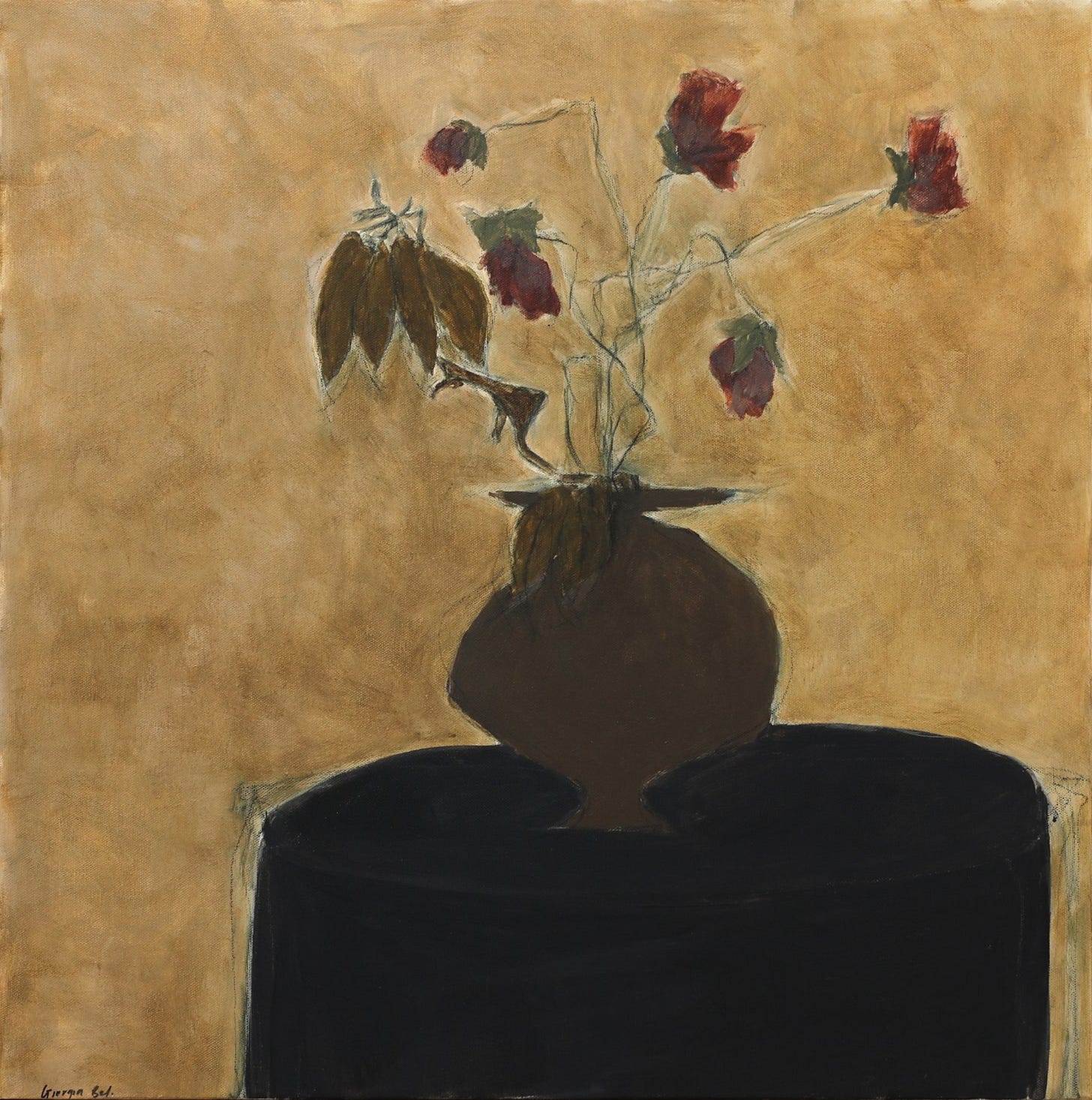
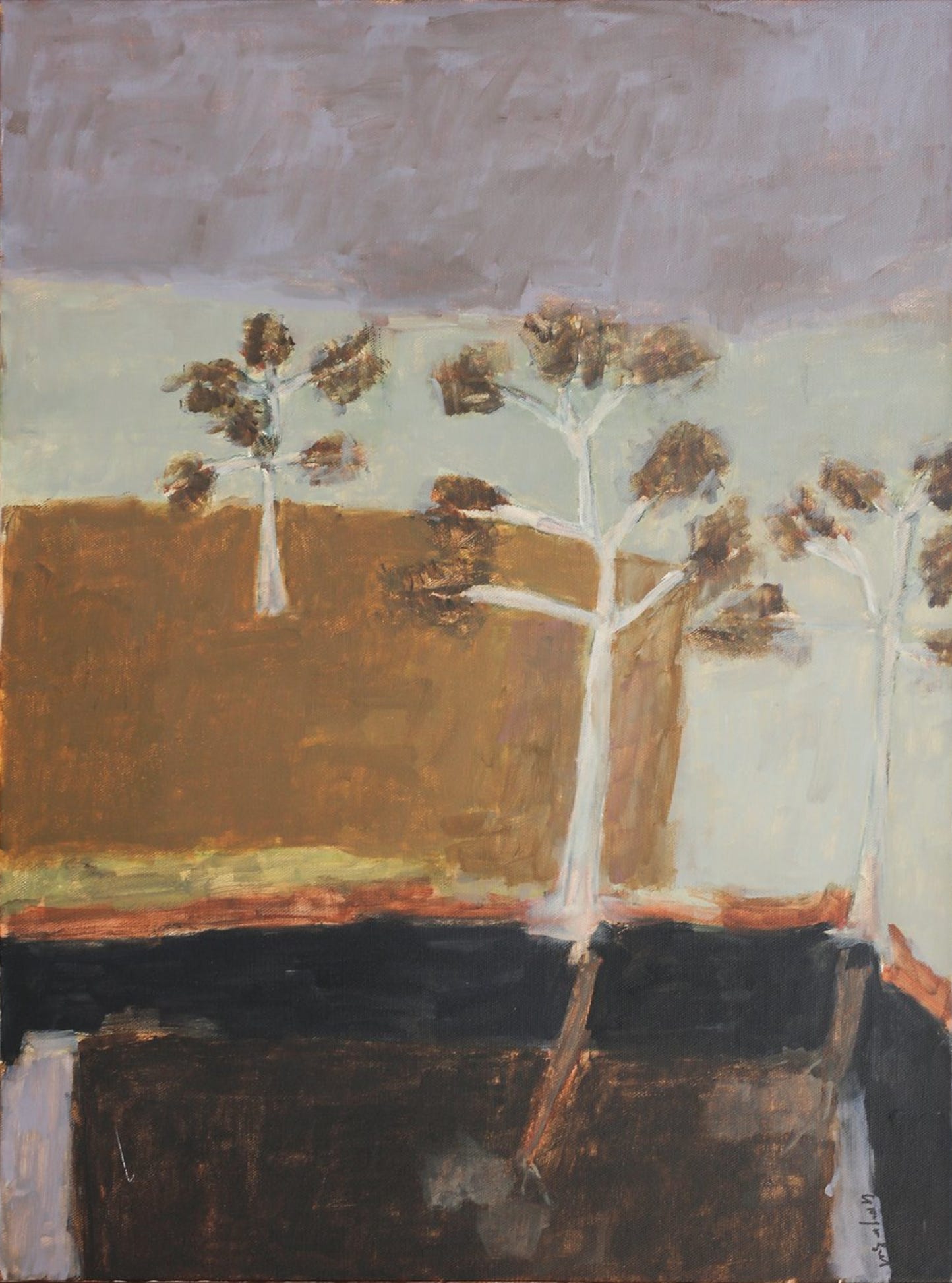
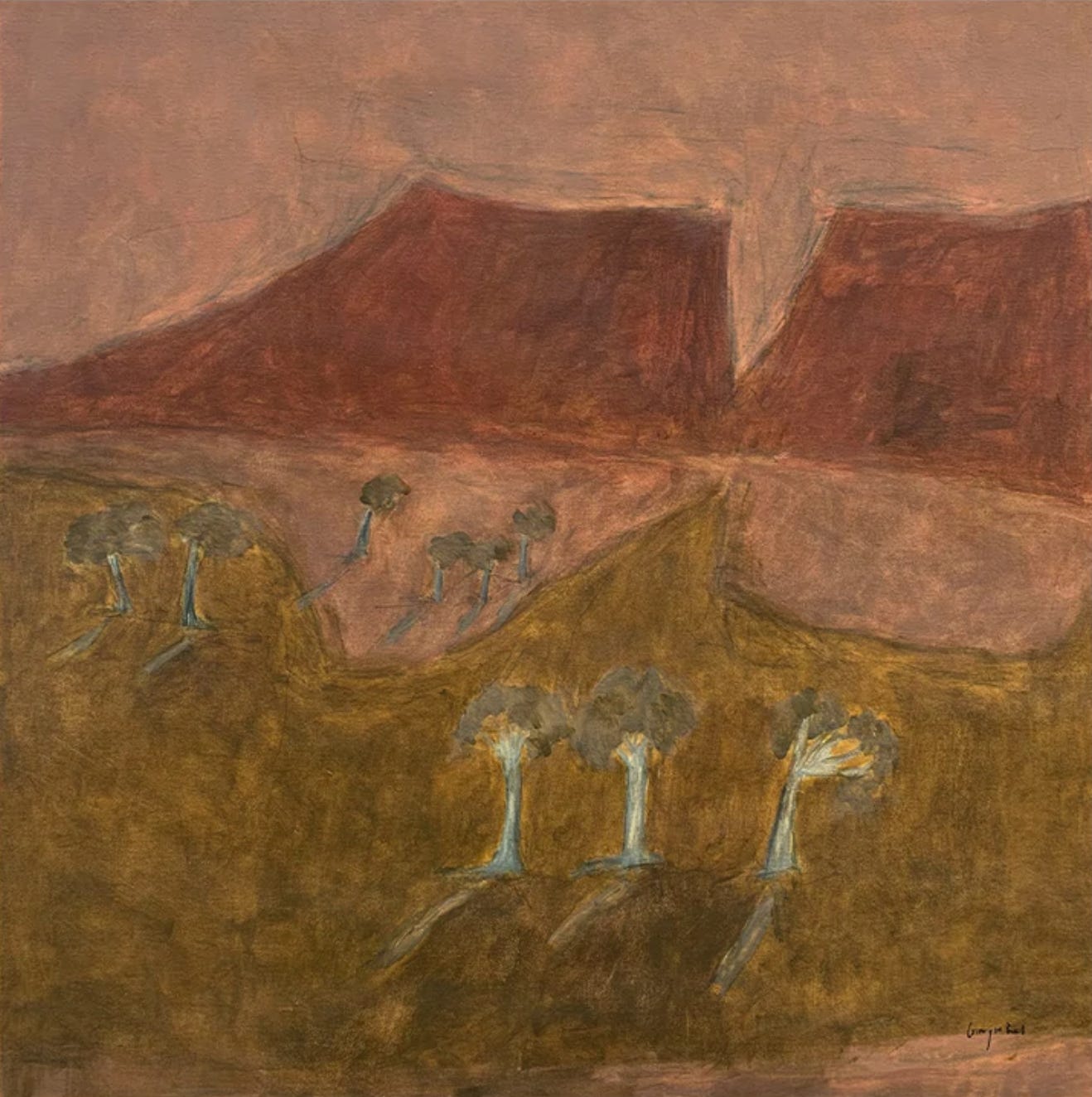
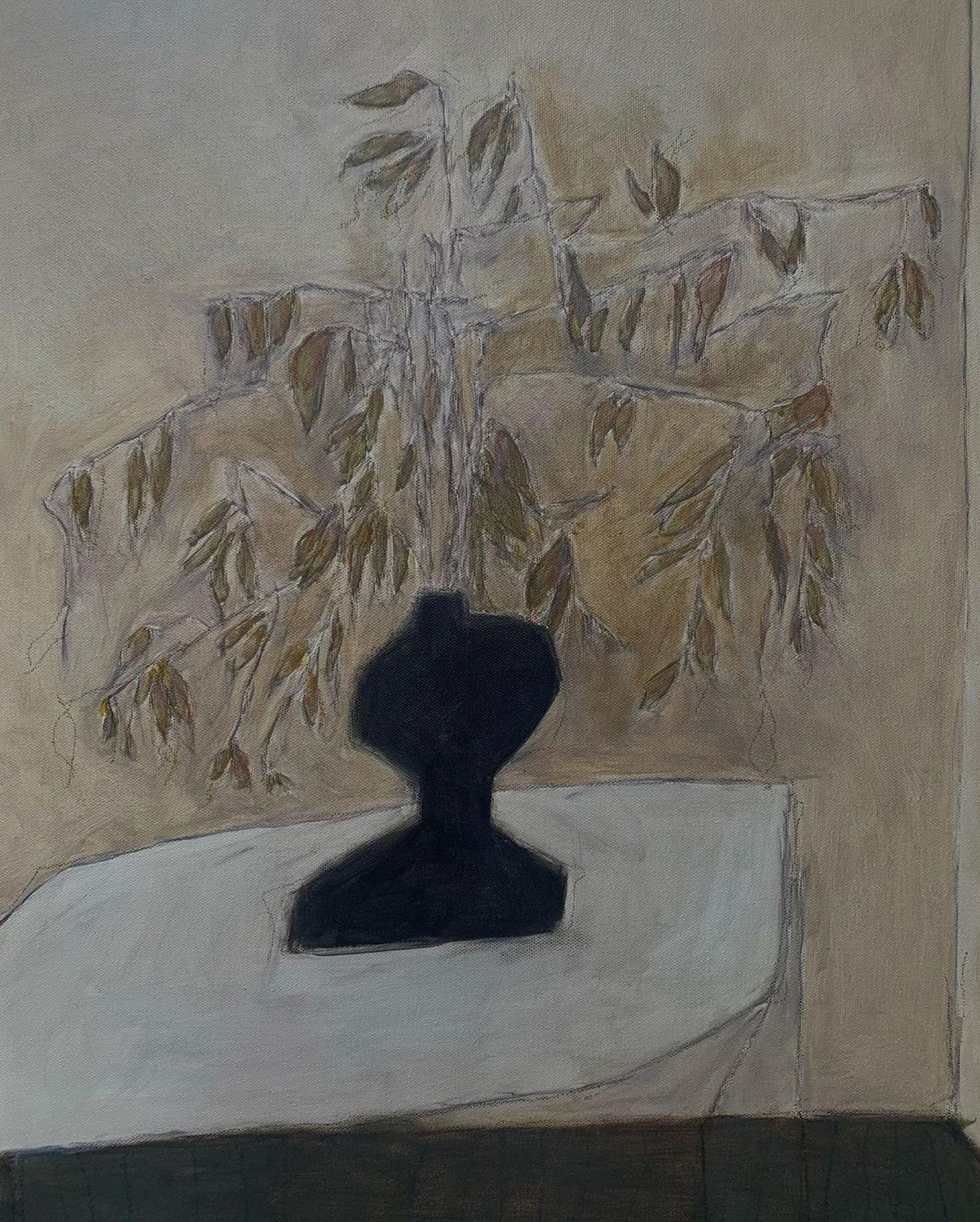
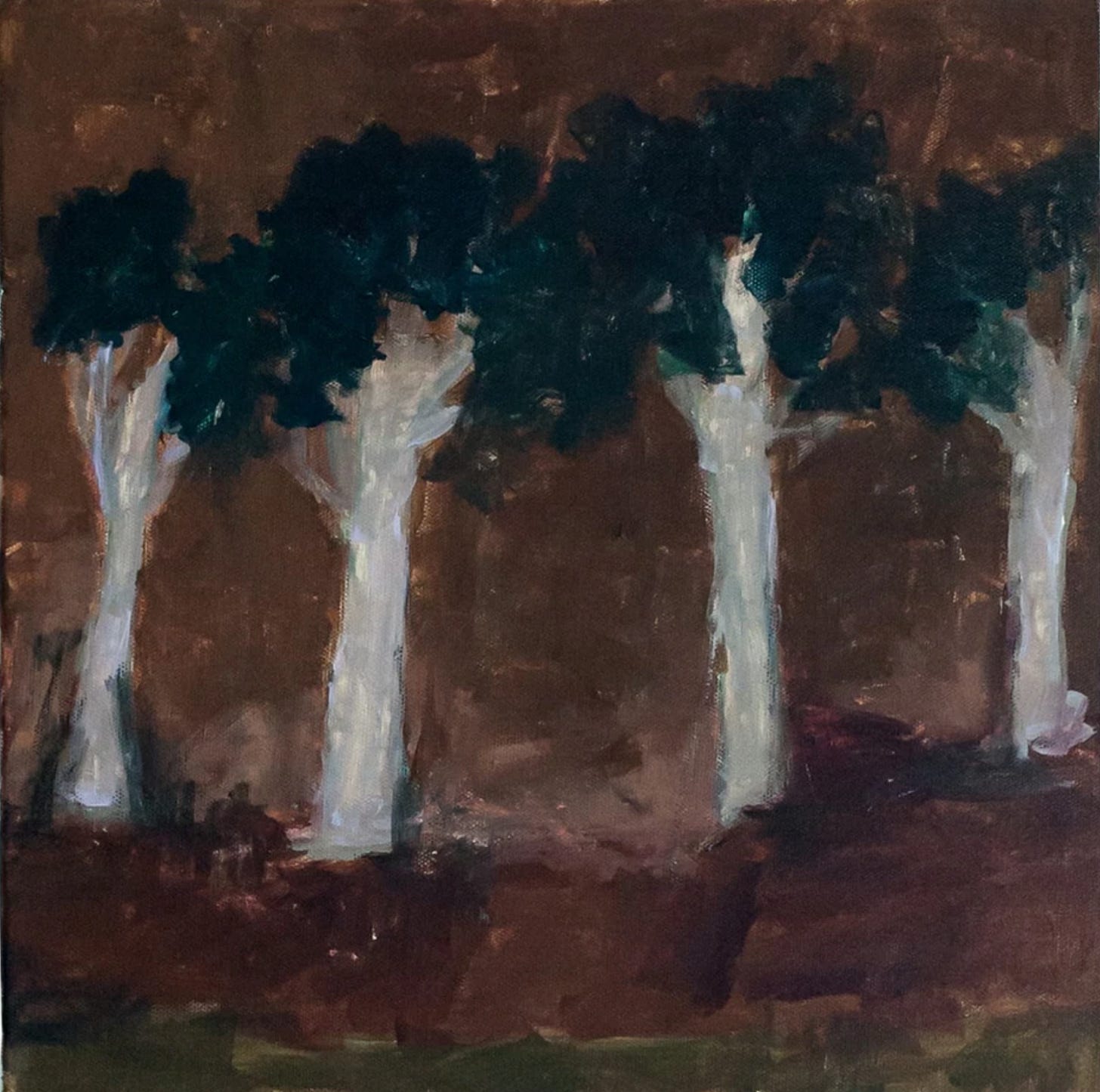
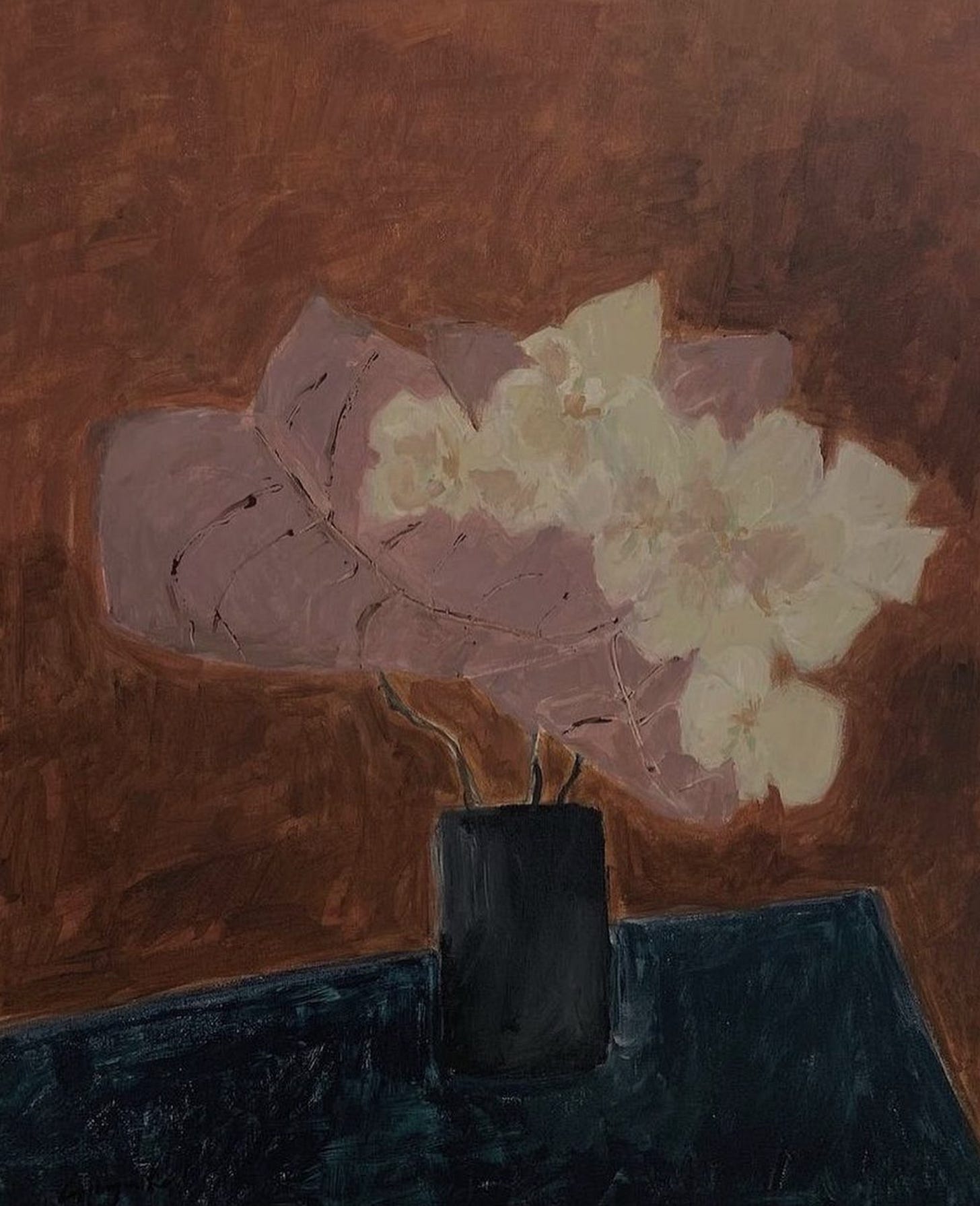


I think people carry on because there are people like you who notice the live and beautiful things around us.